
Hello everyone! Welcome to an attempt to kickstart a bit of discussion about the Ultima series of games. I realize that the traditional GAF/ERA audience is not very large for these games, but I'm hoping there are a few other like-minded individuals still around.
There is an incredible amount of material and information about Ultima, which is not surprising given that it has a 38 year history. Rather than try to take the approach of many other OTs and attempt to summarize everything, I'm going to highlight my own personal history with the series and share some things I think are interesting.
One thing before we start...
-------------------------------------------------------------------------------------------------------------------------------------------------------------
What is Ultima? The most influential series of computer RPGs created by Richard Garriott (aka Lord British).
-------------------------------------------------------------------------------------------------------------------------------------------------------------
Great, now that we have that out the way, let's begin:
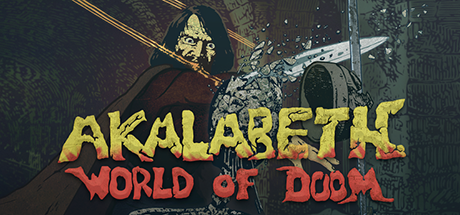
Akalabeth: World of Doom. AKA "Ultima 0" (1979)
I don't have much experience with it as I was 2 years old at the time it was released. I haven't made any attempts to go back and play it, either. From all accounts it appears very rough around the edges and hard to play with a modern gaming mindset. I'd be curious to hear any first-hand experiences with it.



Ultima I, Ultima II, Ultima III (1981-1983)
I'm lumping the first three Ultimas together as they were sold at one point as trilogy and because I played them all during one Christmas holiday vacation about 12 years ago. Within in the games, the period of time they cover is sometimes referred to as the "Age of Darkness" as you're not the Avatar yet, but called the "Stranger." Historically significant and undeniably influential, I enjoyed playing them and came away with a greater appreciation for the series. I probably won't be replaying them anytime soon, though.
Time for some PC game box porn:
These are among my top prized items in my game collection. Really miss this kind of thing when buying PC games now.
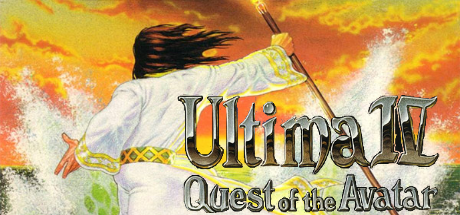
Ultima IV (1985)
This is the game that really launched the success of the series in my opinion. Revolutionary at the time, it still feels revolutionary today. What other RPG has you seeking to become a spiritual leader by upholding key virtues? I've played both the PC version as well as the NES port (which is surprisingly good!) If you're looking for a place to start, Ultima IV is where I would do it. If you can get past the dated graphics, the game holds up incredibly well today. "Timeless classic" is an often overused statement, but not here.
It's free on GOG: https://www.gog.com/game/ultima_4
Also worth checking out is the Retronauts episode on Ultima IV: https://retronauts.com/article/34/retronauts-pocket-episode-4
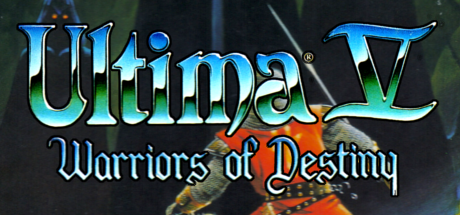
Ultima V (1988)
In terms of story, Ultima V really shines and it's what I enjoyed the most about it. After the warm fuzzies of Ultima IV, the tone of the game is much darker. The cover art on the box does a fantastic job of capturing that and it remains my favorite. There are themes of oppression and dictatorship, as well as references back to the first Ultima. It's fantastic.
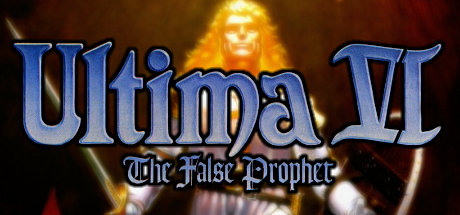
Ultima VI (1990)
One of my favorite childhood memories is playing this game during 6th grade computer lab behind the back of the clueless teacher. It took some guts, not just because we were playing games when we should be writing a BASIC script, but the images of gargoyles sacrificing someone on an altar with "666" inscribed would have landed us in very hot water if seen at our fundamentalist Christian school. Seems ridiculous, now, but I digress.
The game came on six 5.25" floppy disks:
I was always impressed with the small touches of detail found in Ultima games. Notice how each disk has its own drawing to represent what you could expect when you switched disks. It added to the wonder and excitement of playing...
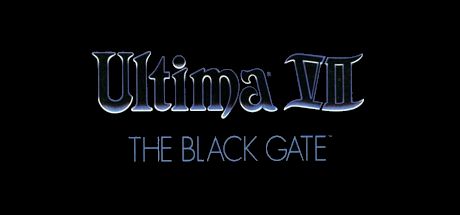
Ultima VII (1992)
Hands down my favorite Ultima and possibly my favorite RPG of all time. There are things this game does that games in 2017 still won't (or can't) do. I was fully expecting Ultima VII to take computer RPGs in a whole new direction with deeper mechanics and world-building, but it didn't quite work out that way.
Thankfully we can still play Ultima VII and it continues to hold up incredibly well. It's even easier to play these days thanks to things like DosBox. I still have my boot disk used to squeeze every last drop of memory out of my PC so that I could play this game. The requirements were absurd, but I look back at those early years of troubleshooting EMM386 issues as what would lay the groundwork for my future career in IT.
I loved Ultima VII so much at the time that the map the game came with wasn't good enough, I had to make my own:
In addition to playing the game via DosBox, it's worth mentioning the Exult project as a modernized recreation of Ultima VII that's playable on modern systems.

Ultima VII Part 2: Serpent Isle (1993)
I was annoyed at the time that it was a "part 2" and would be watered down, but it's an excellent game that stands on its own. My friends and I at the time mercilessly mocked the voice acting during the intro:
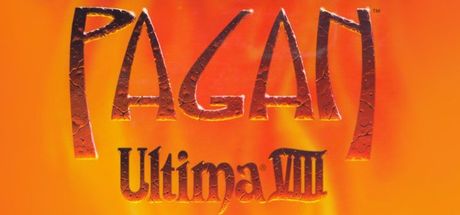
Ultima VIII (1994)
Beginning of the decline. The "platforming" puzzles were completely out of place with the rest of series. I still haven't finished this game, but will be making an attempt in the next year or so.
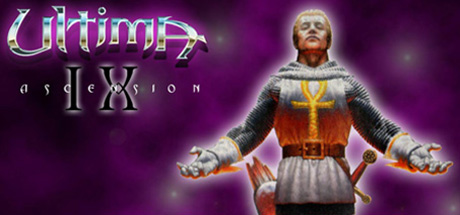
Ultima IX (1999)
The deathblow courtesy of EA. This game was such a buggy mess that EA sent me a free copy and two month subscription to Ultima Online. It's remarkable that it still runs like crap even on a modern, high-end PC today.
Cloth maps!
One of my favorite extras, here are some pictures of the cloth maps from my collection:
Trinkets!
Long before preorder bonuses were a thing, Ultima games provided a "trinket" in every box. Here are mine from left to right: U4 ankh amulet, U5 Codex coin, U6 Orb of the Moons, U7 Fellowship medallion, U8 pentagram coin. For some reason Serpent Isle didn't have a trinket included.
Other useful links:
The Ultima Codex
Ultima Wiki
Non-mainline Ultima:
UItima Underworld 1 & 2
Ultima Online
....coming in a future post
Last edited:

